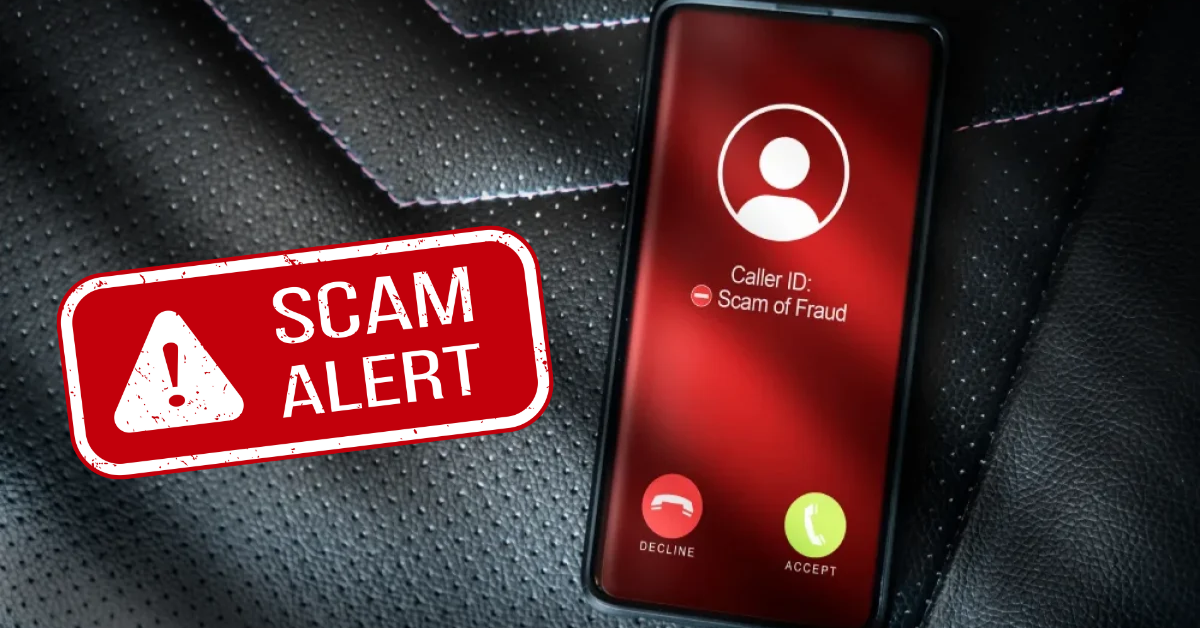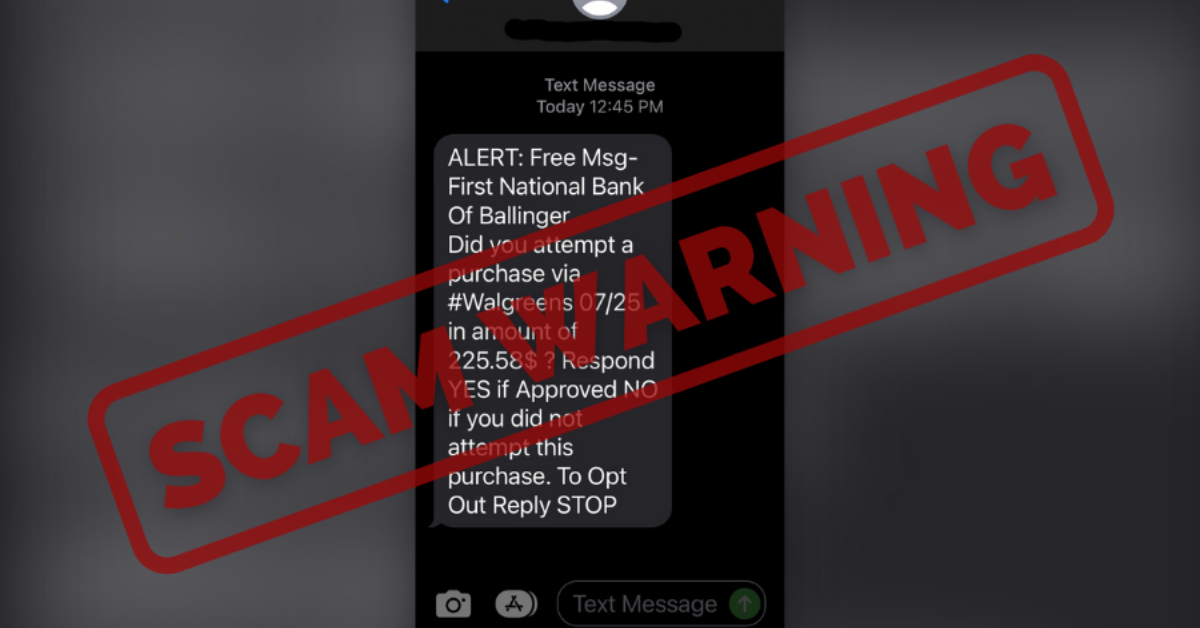The FBI has recently issued a warning to Michigan residents regarding a new package scam that has been targeting individuals in the state. This scam involves fraudulent packages that trick recipients into providing personal information or paying fees for fake deliveries. With the rise of online shopping, it is essential to stay vigilant and understand how these scams work to protect yourself and your loved ones.
Scammers have become increasingly clever, leveraging familiar delivery services to make their schemes appear legitimate. Michigan residents are urged to watch out for suspicious messages or packages and to report any unusual activity immediately. This article will explain how the scam operates and share tips on avoiding becoming a victim.
What Is the New Package Scam in Michigan?
The scam involves phony notifications about packages supposedly sent to your address. Victims might receive emails, texts, or even phone calls claiming that a parcel is waiting for delivery or that there’s a problem with a recent shipment. These messages often ask for personal information, payment for shipping fees, or bank details to “confirm” the delivery.
According to the FBI’s official press release, many of these messages use fake logos and look very convincing. Scammers aim to steal identities or money by making victims believe they must act quickly to receive their package.
How to Recognize Scam Notifications
One of the best ways to protect yourself is by knowing the signs of a scam notification. Usually, these fraudulent messages contain poor spelling or grammar, which is a red flag. They might also pressure you to respond immediately or click on suspicious links.
Be skeptical if you receive a message from an unknown sender or one that doesn’t match the usual contact details of trusted delivery companies like UPS, FedEx, or USPS. Legitimate companies rarely ask for payment through email or text nor require sensitive personal information this way.
Steps to Protect Yourself from the Package Scam
There are several practical steps Michigan residents can take to avoid falling for this scam. First, never click on links or download attachments from unexpected or suspicious emails and texts. Instead, visit the shipping company’s official website directly to track your parcels.
The Federal Trade Commission (FTC) advises people to verify messages by contacting delivery companies using phone numbers or emails listed on their official sites. Also, setting up delivery alerts through secure apps can help track shipments safely.
What to Do if You Think You’ve Been Scammed
If you believe you have fallen victim to this package scam, act quickly. Change any passwords related to your email or financial accounts and monitor your bank statements for unauthorized charges. It’s important to report the scam to local law enforcement and the FBI as soon as possible.
The FBI encourages victims to submit complaints through their Internet Crime Complaint Center (IC3). Reporting helps authorities track scam patterns and warn others about emerging threats.
Why This Scam Matters to Everyone
With online shopping becoming a bigger part of daily life, package delivery scams are a growing concern nationwide. Though this specific warning targets Michigan residents, similar scams can happen anywhere. Young people who frequently shop online or share personal details on social media should be especially cautious.
Staying informed about such threats helps reduce the risk of identity theft and financial loss. By following trusted advice from organizations like the USA Today Personal Finance section, readers can keep their information safe and enjoy online shopping without worry.







